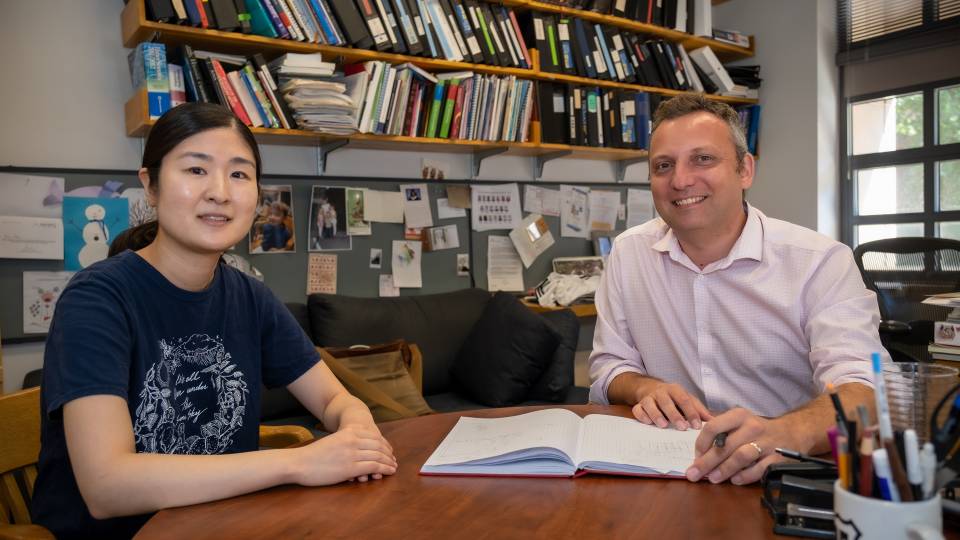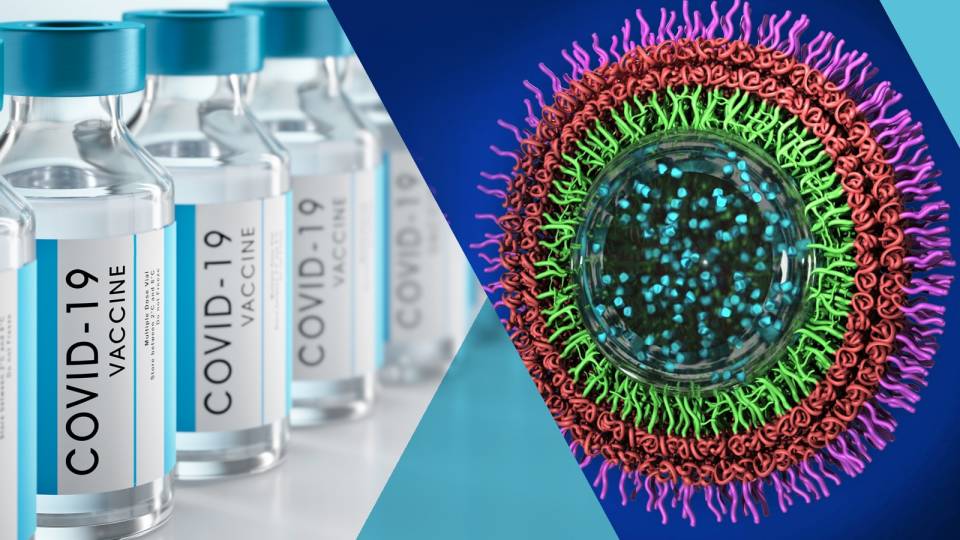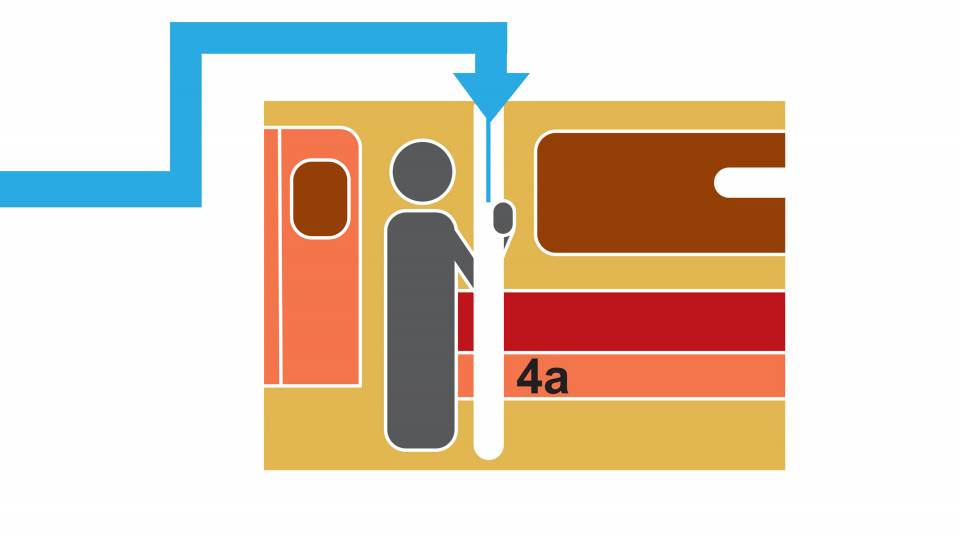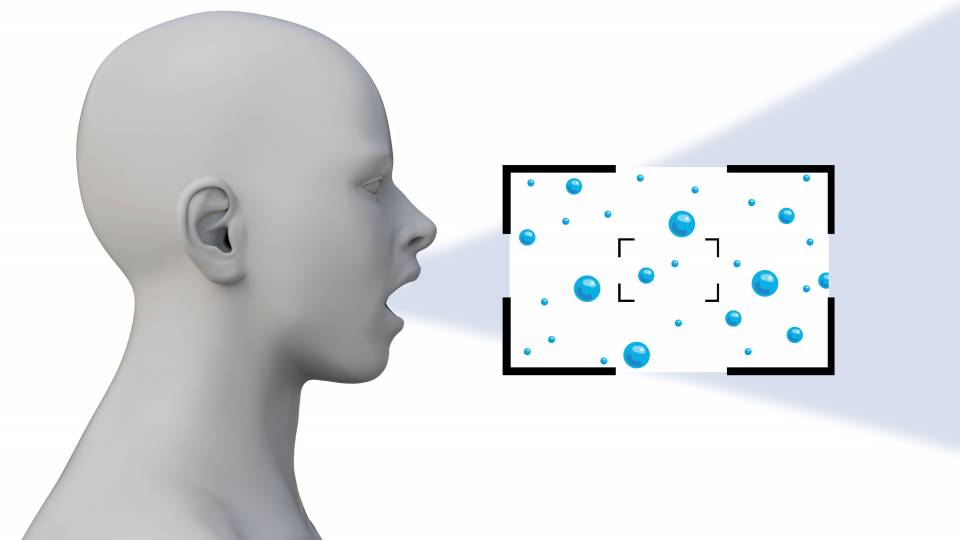In the latest episode of the “We Roar” podcast, a vaccine expert describes what it will take to produce a coronavirus vaccine in less than two years — and why that timeline is already “miraculously fast.”

Gordon Douglas
Dr. Gordon Douglas, a Class of 1955 alumnus, has decades of experience looking at vaccines from all sides: as a practicing physician, as a professor in medical schools, as a medical investigator, as the president of Merck’s vaccine division, in his work with start-up companies developing new drugs and vaccines, and in his efforts to distribute tuberculosis vaccines to developing nations.
“Getting a new vaccine licensed is a huge accomplishment,” Douglas says in the latest episode of the podcast. “It really is not done anywhere near as frequently as you think.”
About 90% of candidate vaccines that make it to human trials will still fail to make it to the market, he says. Most vaccines now in regular use, like polio and chicken pox, took 10 to 15 years to develop, and no vaccine has ever been produced in less than four years.
The good news is that more than a hundred teams are actively pursuing vaccine development, which is unprecedented. “Different investigators have different ideas about what they think might work,” he says, “Each one of them is taking their shot at their best idea.”
Douglas also points to the human immunodeficiency virus (HIV), the virus that causes AIDS. Researchers have spent decades working unsuccessfully to find an HIV vaccine — but they have found antivirals that can dramatically slow the virus’s progress in the body. He thinks that for the coronavirus, too, researchers will find antivirals long before a vaccine is ready.
Even two years is an optimistic estimate for the enormous task of developing a coronavirus vaccine and producing enough to immunize the entire world, Douglas says. It may be possible — and he has several specific suggestions for how to speed up the process — but it's going to need “a lot of work … and a little bit of luck.”
Douglas is an emeritus professor of medicine at Weill Cornell Medical College and a director of three biotech companies: Vical, Inc.; Novadigm; and Protein Sciences. As president of Merck’s vaccine division, he was responsible for the research, development, manufacturing and marketing of Merck vaccine products from 1989 until 1999. Previously, he was an infectious disease specialist with research interests in respiratory viral infections, vaccines and antivirals at Weill Cornell Medical College and the University of Rochester School of Medicine. Among other honors, he is a member of the National Academy of Medicine.
“We Roar” episodes are available for free on YouTube, Apple Podcasts (formerly iTunes), Google Podcasts, Spotify and other podcast platforms.























